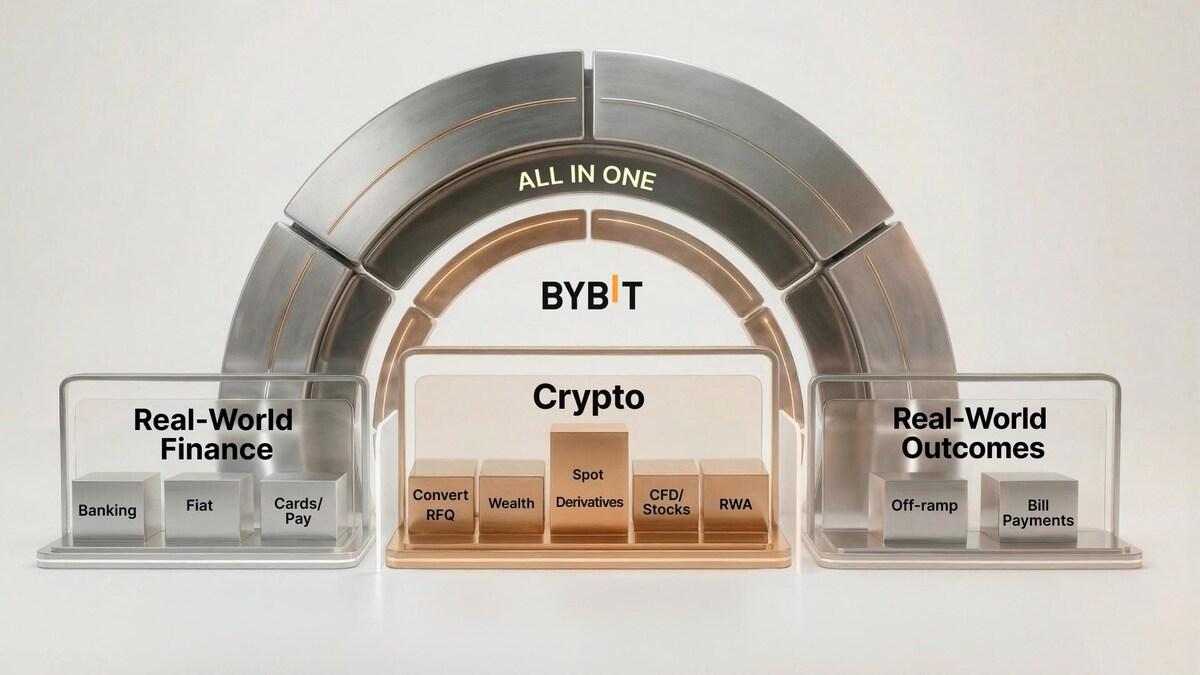The second larger cryptocurrency Ethereum could be the new target of the SEC when concerns related to the failure of the Howey test of the post-Merge transition.
According to Gary Gensler, certain cryptocurrencies that integrated staking models could take and pass the Howey test – with 4 prongs that determine if an investment is a security or not.
“From the coin’s perspective… that’s another indicia that under the Howey test, the investing public is anticipating profits based on the efforts of others,” Gensler told reporters after a congressional hearing. However, he didn’t name any cryptocurrency specifically.
Howey test is the must-have criterion to decide whether the assets are considered securities under the US regulation based on the profit deriving from other efforts of others. Being said, stock, bonds, and other traditional financial products are set as securities.
Until now, there still has no laws regulating decentralized assets that could be securities. However, the Merge event has changed the entire picture and raised concerns for lawmakers, enforce them to release more strict regulations relating to the staking model.

According to the Securities Act of 1933, the Howey Test consists of four prongs. All the criteria must be qualified to classify a transaction as security.
- [1] An investment of money
- [2] in a common enterprise
- [3] with expectations of a profit
- [4] to be derived from the efforts of others.
As the true nature of POS, the validators are putting their ETH as a deposit to take part in the consensus mechanism. That said, they are not making any investments. However, ETH deposited as collateral could be risky and may be regulated in the first prong – “an investment of money“.
Moreover, there is no pro rata distribution of profits in the staking model. A single validator does not have an impact on its failure or success on all other validators. So, the Horizontal Commonality is unadaptable.
In the aspect of Vertical Commonality, there will be a relationship between the investors and issuers. In the case of PoS Ethereum, there is no promoter. In the decentralized open-source, anyone can join and become a validator.
They can receive rewards based on their contribution to the consensus mechanism. So, the more efforts put in, the more rewards they can have, not due to any resource of other issuers.
Crypto classification remains controversial. SEC, CFTC, and other institutions have not issued any regulatory checklist or guidelines about the concerns.
DISCLAIMER: The Information on this website is provided as general market commentary and does not constitute investment advice. We encourage you to do your own research before investing.
Join us to keep track of news: https://linktr.ee/coincu
Website: coincu.com
Ken
CoinCu News






















